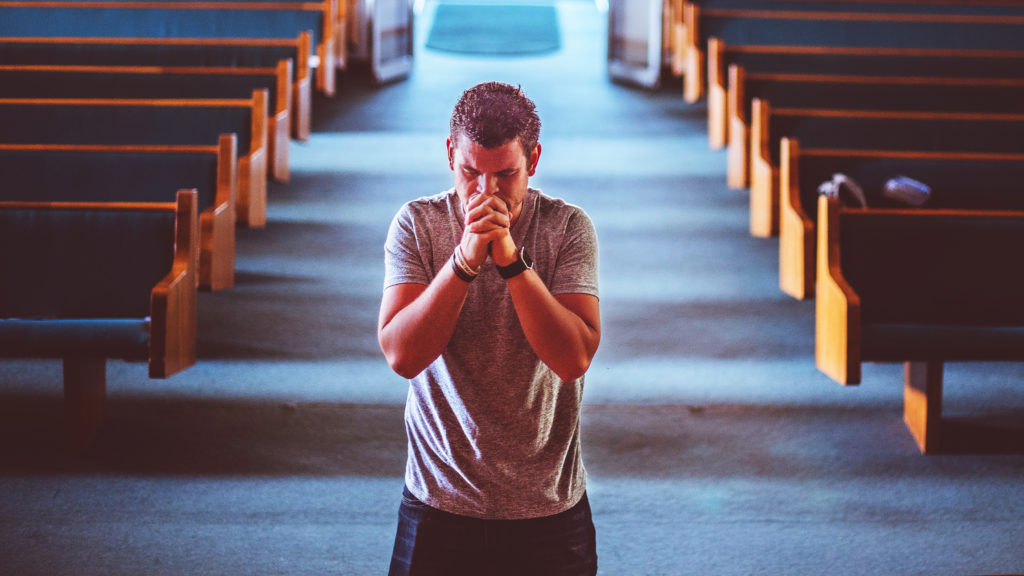By Jennifer Davis Rash
When his truck’s gas tank nears half full, my father-in-law can’t rest until he finds a gas station to fill the tank again. He likes a full tank of gas.
I’ll admit I’ve teased him about this obsession for years — even as I’ve prayed myself to a gas station many times while driving on fumes.
He likes to be prepared and knows what it is like to be on alert for a mandatory hurricane evacuation out of South Florida. A full tank of gas can change everything for the better in the midst of trying to flee north on I-95 with thousands of other cars.
I’m guessing that most Alabamians and north Georgia residents have a different perspective about a full tank of gas and other emergency supplies since the Jan. 28 weather catastrophe. I know I do.
It seems that everywhere I go, someone is talking about how he or she has put together an emergency kit for the car, is now leaving extra toiletries and clothes at the office or has worked out a new work-from-home plan when bad weather is predicted.
It is smart to learn from difficult experiences and develop plans for similar issues that might happen in the future. We now have firsthand experience of what is needed to be prepared, at least to some degree, and we certainly should not be taken off guard again.
But I wonder how long the memory will last and how prepared we will stay.
Will our emergency kits be up-to-date a year from now? How about two years from now, especially if we don’t have to use the kits in the next two years?
Think about your first-aid kit or other emergency kit you once put together. Do you know where it is? Have you replenished its supplies lately? Are there fresh batteries in it? Will the kit work if there is a true emergency?
And while this year’s extreme level of winter weather for Alabama has given us plenty of time to think about being prepared, we also can plan to freshen up our kits annually around this time.
After all, February is now Disaster Preparedness Month for Alabama Baptists. It not only is a great time to review our personal emergency plans, but it also is a good time for churches to host activities for church members and the community related to the theme.
Church leaders might also use the annual observance as a time to review their disaster plans and appoint a few members of the congregation to serve as point people for any disaster-related situation that might occur.
Two good websites about this topic are www.sbdr.org and ready.gov.
Be sure to check out the annual Alabama Baptist Disaster Relief (DR) offering resources at the sbdr.org site as well.
A $1 offering from every Alabama Baptist church member once a year would allow DR officials to maintain and upgrade necessary equipment in an ongoing fashion and allow them to respond immediately to a disaster rather than having to wait for funds to come in after a situation arises.
It also is a good time to consider signing up as a disaster relief volunteer. There are several ways you can serve, and the Alabama Baptist State Board of Missions provides training opportunities throughout the state. The sbdr.org website is the best place to start. You also can call 1-800-264-1225 and ask for Mel Johnson. Be sure to tell him I suggested you call. I need all the brownie points I can get!
No matter what is right for you, your family and your church, at least think through a few aspects of being prepared for the “what ifs.” It will relieve a lot of unnecessary stress and anxiety.
______________________________________________________________
Rashional Extras
“[Matthew’s teachings on discipleship] are not just about making disciples but also about being disciples. … [In Matthew 4, 8, 16, 19 and 28, he teaches that] Jesus takes priority above … job security … residential security … financial security … social obligation … and life itself.”
Craig S. Keener, Ph.D.
Professor of New Testament, Asbury Theological Seminary
“Go and make disciples … baptizing them … and teaching them.” Matthew 28:19–20
“When we choose to isolate ourselves from other believers, we are also isolating ourselves from the fullness of the Holy Spirit. All of us have spiritual gifts, but none of us have all the gifts of the Spirit. We have access to the benefits of all the gifts of the Spirit when we connect and intersect with God’s people.”
Gary Fenton
www.characterpath.com
“He must increase, but I must decrease.” John 3:30
Being content
“Live each day the best you can. When the day is done, rest in the fact that you know you did all you could do. Trust Him to take care of the rest and wake up the next day ready to continue on in the journey.
“Stress is not a God thing. Stress happens when we let people’s expectations become such a high priority in our life that they outrank God’s expectations. … Life is too short to let what other people think, say or do be your constant focus and goal. Do the best you can do, be the you He made you to be and listen when He says to listen.
“Our time with Him keeps us going and gives us the fuel we need to keep moving on our journey. Give up trying to please everyone. … People are going to do and say what they want, it is not a reflection on you, it is a reflection on them.”
Melissa Mann
An excerpt from her blog Moments Along the Journey
momentsalongthejourney.blogspot.com
“If your words do not match your tone and body language, people will believe your tone and body language before they will believe your words.”
Kevin Eikenberry
Remarkable Learning
The Kevin Eikenberry Group
Dale Younce, Th.D.
University of Mobile
Explore the Bible commentary on John 21:20–23
Feb. 23 issue of The Alabama Baptist
How to cultivate missional (relational) communities
Five habits to develop:
Listen to the Holy Spirit — Commit at least one hour per week, broken down in whatever time segments work best for you, to listen to the promptings of the Holy Spirit. This is not a time of speaking or asking for anything. It is letting the Lord speak to you.
- Invite others to share a meal — Share at least one meal per week with someone in your faith community and one meal each week with someone not in your faith community or any faith community. Share a third meal with someone from either category.
- Give a blessing — Seek to do three acts of blessings every week: one to a member of the Christian community, one to a non-Christian and one from either category.
- Hear from the Gospels — Read from the Gospels each week in order to specifically learn more about and from Jesus, His ways and means. Read from other books as well but always include the Gospels.
- Take inventory of the day — Be aware of opportunities to engage in mission on your day-to-day journey. At the end of each day, ask yourself how you responded to His promptings and if there were instances or opportunities where you resisted Jesus during the day.
Missional living is all about relationships. It’s about getting close enough to people to listen, understand their hopes and dreams, and actually come to like and love them as individuals. That doesn’t happen without living with and among people.
Lance Ford
Author and blogger
www.sentralizedgathering.com
(reprinted in Facts & Trends, Fall 2013)






Share with others: